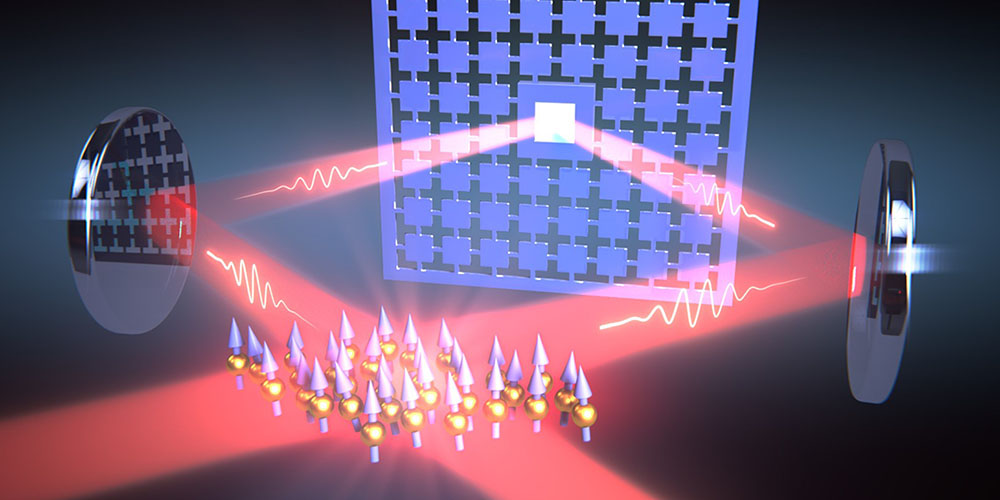Professor Maria Hondele will be the new assistant professor for biochemistry at the Biozentrum of the University of Basel. The University Council promoted Professor Nicola Gess for German studies, Professor Martino Poggio for Nanotechnology, Professor Rainer Greifeneder for social psychology, and Professor Sarah Lein for economy, all on 1 August 2020.
Economist Robert Stelter investigates the long-term interplay of economic and demographic trends. The President’s Board of the University of Basel has appointed him as the Faculty of Business and Economics’s new assistant professor of Quantitative Economic History (Cliometrics). The five-year professorship is financed by the Max Geldner Foundation.

In a year’s time, Professor Ivan Martin will take over the direction of the Department of Biomedicine (DBM) as the successor to Professor Radek Skoda. The DBM has grown and increased its academic strength under Skoda’s leadership. In an interview, Martin explains how he plans to ignite the second stage of propulsion.
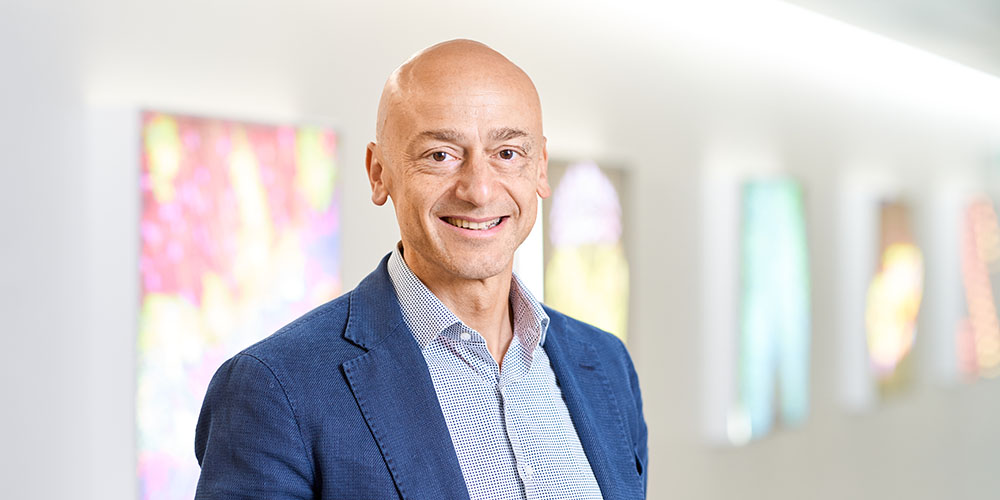
Researchers have developed a strategy that has the potential to improve vision in patients with macular degeneration in the future. Using a gene therapy, they sensitized blind retinas of mice and human organ donors to near-infrared light. The team based at the Institute of Molecular and Clinical Ophthalmology Basel (IOB) has published its results in the journal Science.

Atomically thin layers of the semimetal tungsten ditelluride conduct electricity losslessly along narrow, one-dimensional channels at the crystal edges. The material is therefore a second-order topological insulator. By obtaining experimental proof of this behavior, physicists from the University of Basel have expanded the pool of candidate materials for topological superconductivity. The findings have been published in the journal Nano Letters.
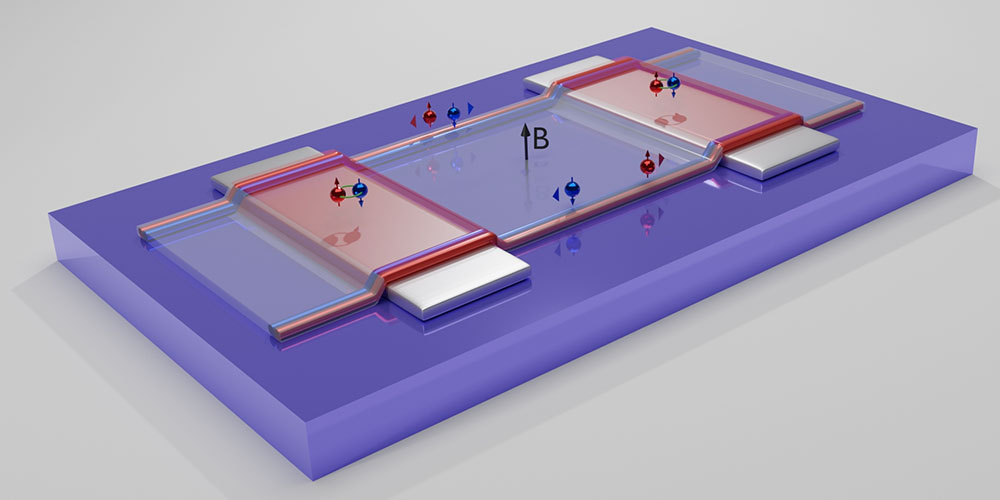
From itching, abdominal pain and exhaustion to unconsciousness: the drug midostaurin can help alleviate these symptoms and improve quality of life in patients with mastocytosis. This has been proven by a research group at the University of Basel.
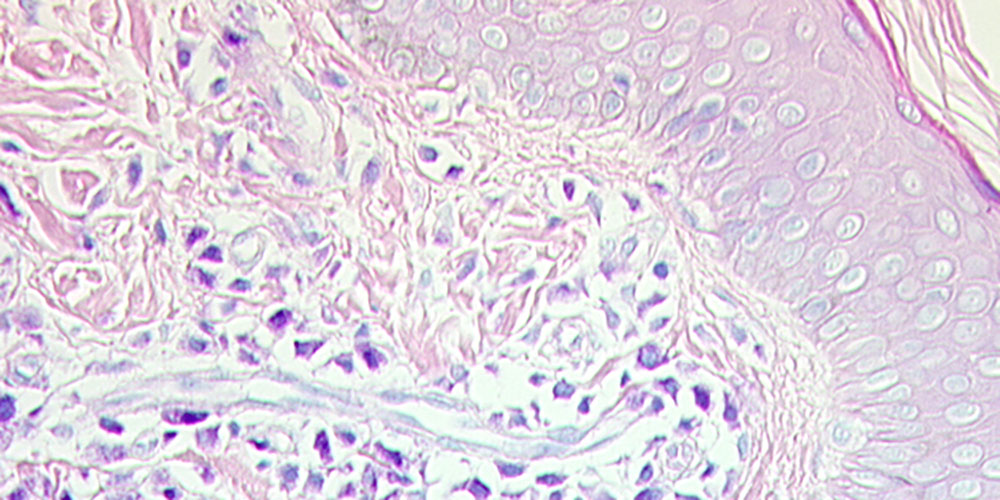
The Botnar Research Centre for Child Health (BRCCH) is supporting 11 research projects on Covid-19. Within the framework of the “Fast Track Call for Acute Global Health Challenges” (FTC), Fondation Botnar is financing the projects at the BRCCH's partner institutions with a total of around CHF 15 million over two and a half years.
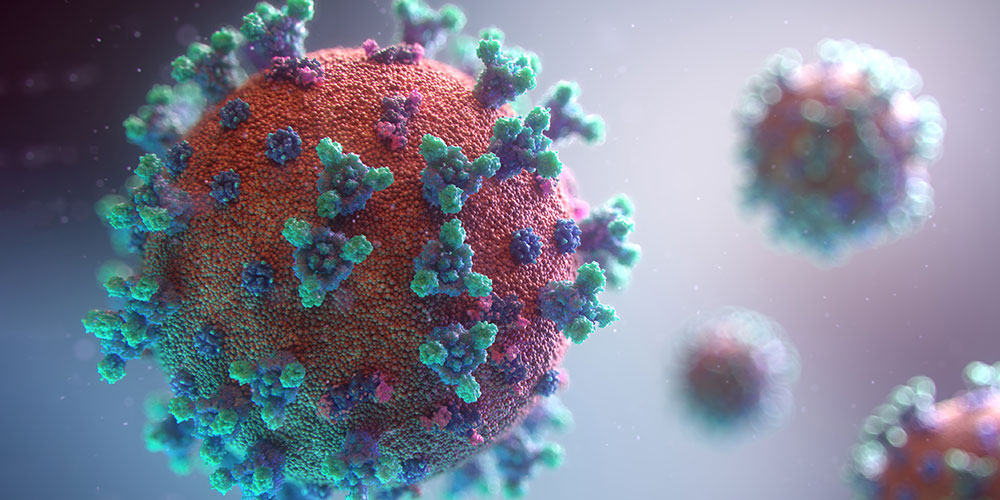
The University Council at the University of Basel has selected six new professors: Professor Roland Bingisser for emergency medicine, Professor Petr Broz for immunology, Professor Annette Brühl for affective disorders, Professor Ruth Delzeit for global and regional land use change, Professor Scott McNeil for nanopharmaceutical and regulatory sciences, and Professor Corinne Zellweger-Gutknecht for private law.
For the first time, researchers have succeeded in creating strong coupling between quantum systems over a greater distance. They accomplished this with a novel method in which a laser loop connects the systems. In the scientific journal Science, the physicists from the University of Basel and University of Hanover reported that the new method opens up new possibilities in quantum networks and quantum sensor technology.
